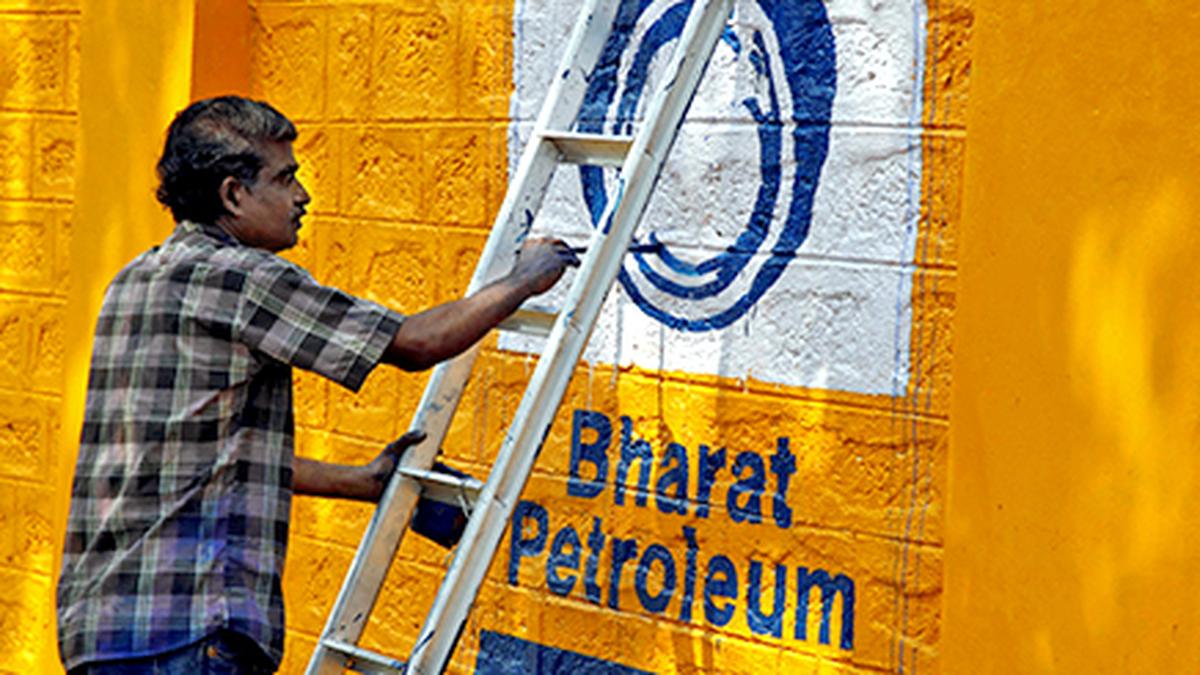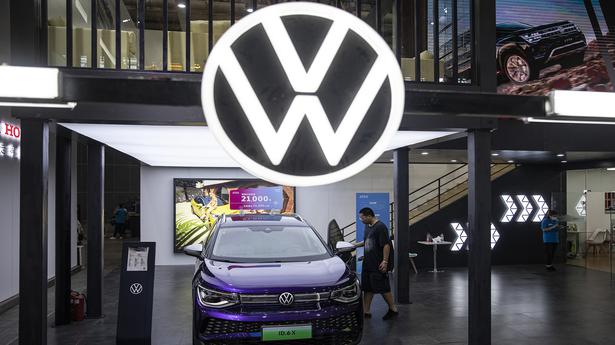It is an indication of something good because it is still a promise that your increasing losses will be reimbursed
It is an indication of something good because it is still a promise that your increasing losses will be reimbursed
Price rise is bad. It pinches you where it hurts the most. You have to rethink and regroup your life and plans.
However, when premium rates are raised, as in many things in insurance, it is not exactly what it seems to be.
An increase in premium is an indication of something good because it is still a promise that your increasing losses will be reimbursed.
Increasing claims
When insurance companies increase premium rates, they are catching up with increasing claims. The way it works in the real world, they rarely are ahead of that race.
There may be a higher number of claims (as during COVID-19 or a natural disaster), claims of higher value (due to rising cost of healthcare or car repairs or whatever) or a combination of both.
Price rises as well as unforeseen events can through the economics of insurance into disarray. Add to this the complications of investment returns with interest rate drops and tanking stock markets.
Higher claims logically lead to less profits or even in losses for the insurer. It’s in our own interest that the insurer has a sustainable and profitable business because he and his company have to be around to pay our claims, for a few decades even in the case of life insurance policies and annuities. If increasing premium is the way for the insurance industry to ensure business continuity, then that is a good thing, for you.
Ponder this. When your motor insurance renewal premium comes around in the next few months. It will be higher because the third-party liability premium has been increased as part of a periodical review and reset to reflect losses.
This is one insurance where the premium you pay is loaded highly in your favour not only in terms of any claims expense but also the legal work.
Worth the weight
The troublesome processes that go with a defending yourself in a motor accident case will make you realise the insurance policy, and its premium, is worth its weight in gold.
There is also a larger picture. Skipping this insurance is not only illegal, but skewers the dynamics of third-party liability insurance.
A majority of the vehicles on the road have no insurance (illegally) and yet cause accidents that the industry pays for partially, but society pays more dearly for it leaves lives and families shattered and with no sure protection.
Coming back to knee-jerk reactions to insurance premium hikes, if you pass on your insurance renewal, whether health, motor, home, life or pension, you are writing yourself out of the protection circle.
The problem you should solve is not that challenging. If you have a car between 1,000 and 1,500 cc engine capacity, your TP liability premium was ₹3,221 and will now be ₹3,416 at the next renewal.
Unnoticeable difference
This difference of ₹195 is something that you won’t even notice. And premium hikes keep you covered for rising expenses you are likely to face when there is a loss. As I keep saying, the question you have to ask yourself while buying insurance is, is the premium expensive or the claim?
(The writer is a business journalist specialising in insurance & corporate history)






